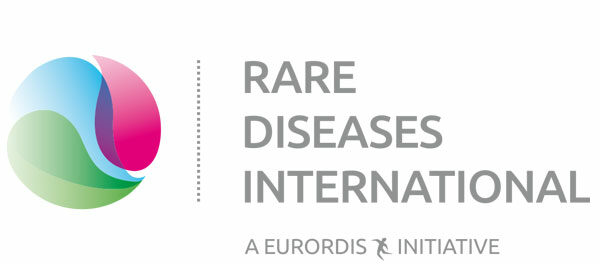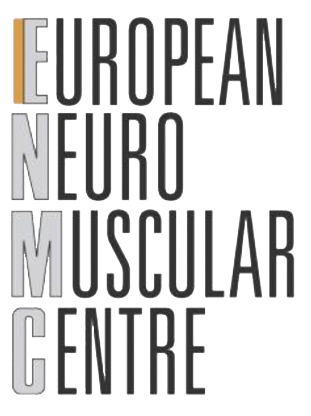Risks and benefits of participating in a clinical trial
When you are looking for treatment of Duchenne or Becker muscular dystrophy, you might want to join a clinical trial. In this type of research study, you play an active role in a decision that affects the live of your child. Although clinical trial participation comes with possible benefits, it also carries possible risks that need to be considered before joining.








